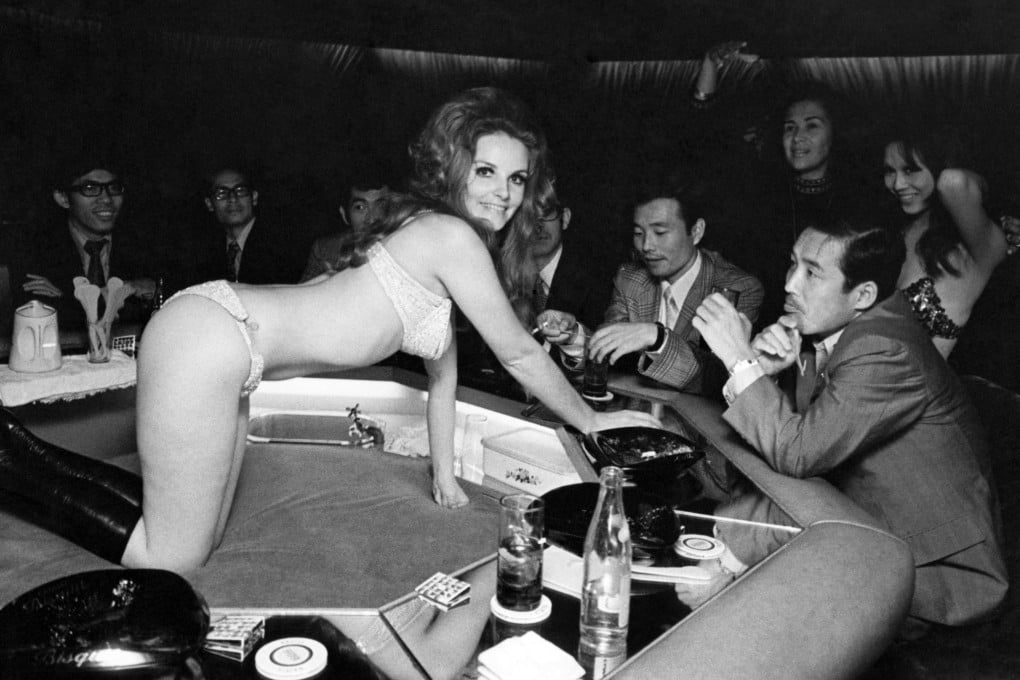Advertisement
Review | Womanising, corruption, privilege: an unusual love letter to Hong Kong in Price’s Price by Chris Maden
- Chris Maden uses the experiences of his protagonist to chart the drastic changes that took place in and around Hong Kong in the latter half of the 20th century
- Female readers might not necessarily be endeared, but there will certainly be some who enjoy tagging along for the escapades
Reading Time:3 minutes
Why you can trust SCMP

Price’s Price by Chris Maden. Published by Mung Cha Cha Press
Stanley Featherstonehaugh Price is a womaniser and a chancer who accidentally washes up in Hong Kong in the 1960s, and through the ensuing decades experiences the highs and lows the city has to offer. The anti-hero of author Chris Maden’s Price’s Price, Price is, in short, a character who will divide readers.
Born into money in what is now Zimbabwe, he joins the army while waiting on his inheritance from his British father, ending up in Hong Kong. There, he swaps the life of a soldier for one of a businessman and man about town, enjoying the life of an expat bachelor while dreaming of big adventures, drinking heavily and flitting through society trying to sleep with women whenever he can, many of whom he pays for.
Advertisement
Aspects of Price’s life will be familiar to Hong Kong expats of a certain generation. White and privileged, he socialises with the elite in the city’s private clubs, on the cricket field and at luxurious parties, all the while dabbling in the kind of businesses – legal and otherwise – that materialise for those who are open to such opportunities and know the right (or wrong) people.

Price’s journey is anything but linear; he himself sees the hand of fate in the many ups and downs he experiences.
Advertisement
Advertisement
Select Voice
Choose your listening speed
Get through articles 2x faster
1.25x
250 WPM
Slow
Average
Fast
1.25x